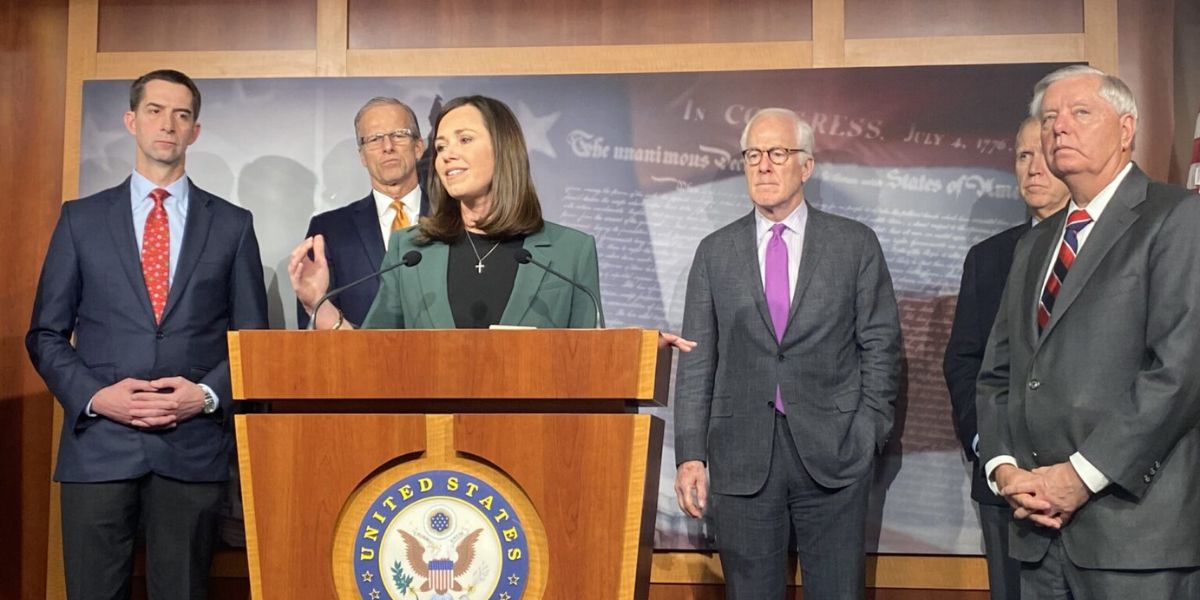Texas Legislation Results in Major Defeat for Immigration Reformists and Healthcare Providers
The Nevada Supreme Court upheld a state prohibition on ghost weapons on Thursday, overriding a lower court decision that sided with a gun manufacturer’s contention that the 2021 law banning firearm components without serial numbers was overly broad and unconstitutionally ambiguous.
Separately, the court dealt a setback to anti-abortion activists in a fight over a voter initiative that was no longer on the November ballot, a decision that abortion rights advocates say still helps establish important legal guidelines for overall reproductive health care.
Lyon County District Judge John Schlegelmilch earlier overturned the gun regulation, ruling in favor of a court challenge brought by Nevada-based gun maker Polymer80 Inc., which claimed the statute was too broad.
Polymer80 stated that terminology such as “blank,” “casting,” and “machined body” were not defined and that the phrase “unfinished frame or receiver” failed to describe what a “finished” frame or receiver is.
The Supreme Court upheld the statute unanimously, stating that the language adopted by lawmakers and signed by then-Gov. Steve Sisolak was “readily” intelligible through regular usage and common understanding.
“The statutes here only regulate conduct involving an object that is intended to eventually become a firearm,” Chief Justice Lydia Stiglich stated in her decision. “They prohibit acts involving such not-yet-complete firearms that have not been imprinted with a serial number.”
The judge also noted that Polymer80’s “own legal counsel had written letters to the U.S. Bureau of Alcohol, Tobacco and Firearms that included the words ‘blank,’ ‘casting,’ and ‘machined’ about its products, showing that these terms are commonly understood.” The fact that the terms were “generic and broad” did not make them ambiguous, Stiglich remarked.
Nevada Attorney General Aaron Ford, a Democrat who filed the appeal on the state’s behalf in December 2021, said the verdict “is a win for public safety and creates sensible, practical measures to protect Nevadans from violent crime.”
“The ban on ‘ghost guns’ is one of the most impactful pieces of legislation that we have seen come through Carson City,” the mayor stated in a statement. The legal counsel for Polymer80 did not immediately respond to emails from The Associated Press seeking comment.
In the other judgment issued Thursday, the high court overturned a Carson City judge’s ruling that the initiative’s language was misleading and breached the requirement that it address a single subject by embracing abortion rights under the category of reproductive health care.
“The medical procedures discussed in the initiative petition affect reproduction. The assertion that they could not all be addressed simultaneously because they are separate proceedings is incorrect,” the Supreme Court said. “Each medical procedure relates to human reproduction and they are germane to each other and the initiative’s single subject of establishing a right to reproductive freedom.”
Abortion rights campaigners applauded the ruling, despite having already moved their focus to a different and smaller proposal that seeks to modify the state constitution and is expected to appear on the November ballot after a judge found that it meets legal requirements.
“Today’s ruling is an unequivocal recognition of what we’ve always known to be true: The right to reproductive freedom includes all aspects of a person’s reproductive health care,” Lindsey Harmon, president of Nevadans for Reproductive Freedom, said in a statement.
A lawyer for the Coalition for Parents and Children, which opposed the voter proposal, expressed dismay.
“The Court has transformed the single-subject rule into the single-category rule, which will open the floodgates to broad and deceptive initiative proposals like the one at issue in this case,” Jason Guinasso said in an e-mail. “My clients will now focus on educating the voters on why this proposal is bad law and policy for Nevadans.”
Harmon stated that her group has accumulated more than 160,000 signatures for the new ballot issue — well beyond the 102,000 required by June 26 — and plans to submit them for validation that month. The initiative would codify in the constitution current provisions under a 1990 statute that guarantee abortion access until 24 weeks of pregnancy, or later, to protect the pregnant person’s health.











